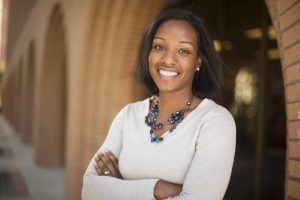by

Enamored by the chemical processes of life, Yihui Shen, J. Peter and Geri Skirkanich Assistant Professor of Innovation in Bioengineering, started her research career as a chemist studying the way that proteins fold and the intricate dynamics underlying life processes.
“As an undergraduate, I studied physical chemistry, thinking that one day I’d be addressing challenges in hardcore STEM fields,” she says. “It wasn’t until I observed the dynamics of a single protein molecule that I fell in love with microscopy. I realized that this imaging tool could not only help us observe biological processes on a small scale, but it could also provide new insight at the interface of engineering, chemistry and physics and solve problems on a large scale.”
When Shen turned her attention to microscopy, the field itself was advancing quickly, with improvements being made and new techniques being released every month. Without missing a beat, Shen dove deeper into the most current tools available when she joined Dr. Wei Min’s lab at Columbia University as a doctoral student.
“Professor Wei Min is a pioneer in a new imaging technique called coherent Raman imaging,” says Shen. “In this type of microscopy, we focus light on a very specific point in the cell and measure the amount of scattered light that comes back after exchanging energy with the molecular vibration. This approach allows us to visualize the spatial distribution of different molecules, the very chemistry of life I had studied as an undergraduate, at a high enough resolution to gain insights into biological processes, such as tissue organization, drug distribution and cellular metabolism.”
With this new tool under her belt, Shen was able to ask the kinds of questions that could connect the use of this observation tool to practical applications for real-world challenges.
“I started thinking outside the box,” says Shen. “What if we could observe the chemical exchanges involved in metabolism as they are happening on the scale of a single cell, and then use that insight to pinpoint the exact metabolic pathways and molecules that facilitate tumor growth and disease?”
Read the full story in Penn Engineering Today.

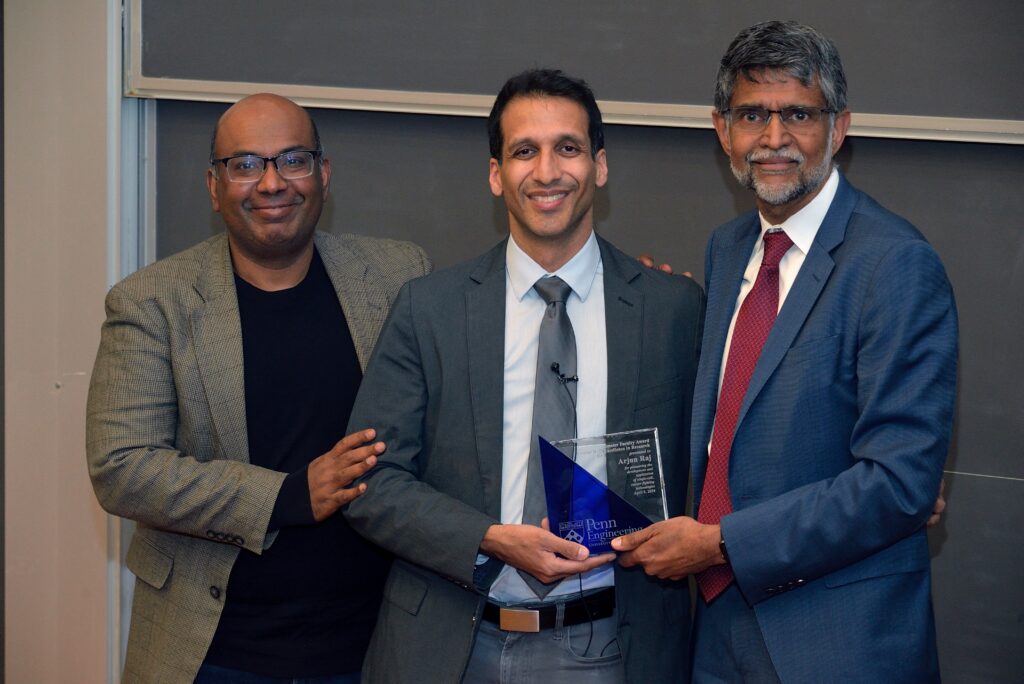
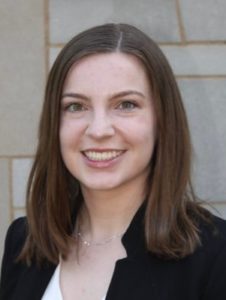
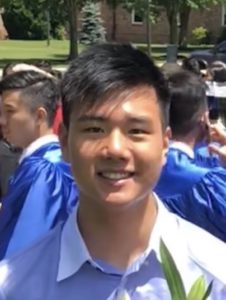 Shawn Kang, BSE/MSE, Bioengineering (’22)
Shawn Kang, BSE/MSE, Bioengineering (’22)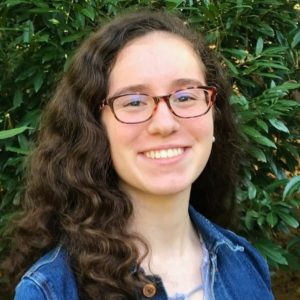
 Speaker:
Speaker: 